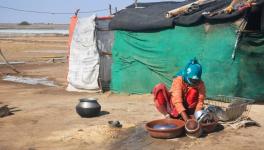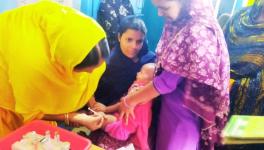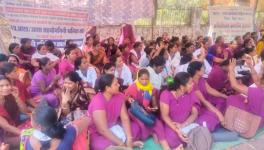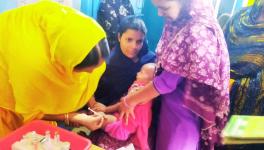Mother and Newborn Care System Crumbled During COVID-19 Lockdown
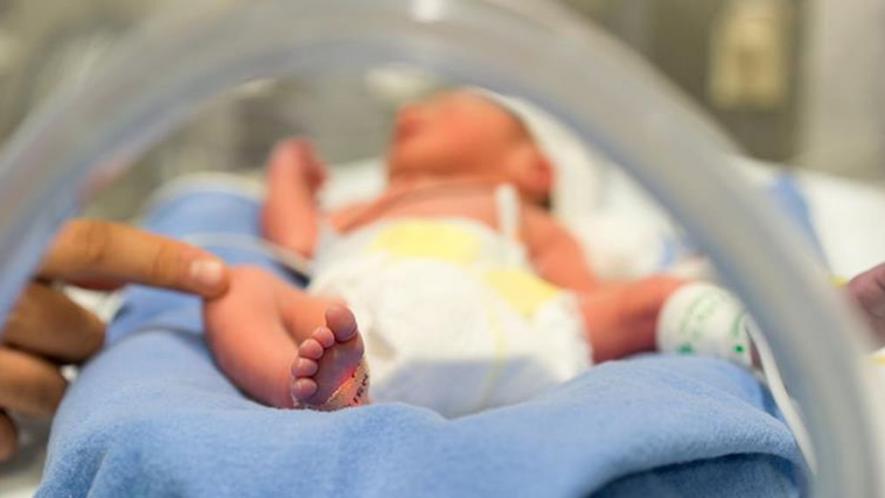
A heart-rending picture of neglect of expecting women and newborns emerges from newly released data from the National Health Mission for the months of April, May and June, 2020, which passed under an ill-conceived and mismanaged countrywide lockdown imposed because of the COVID-19 pandemic. Basic care of pregnant women including ante-natal check-ups, tetanus injections and supply of iron tablets sharply dipped in these three months compared to the same period last year. Deliveries in institutions also declined sharply, in both, rural and urban areas, indicating a large number of deliveries have gone unrecorded and hence with no information about survival or health of mother and child. Even immunisation of newborns has plummeted casting a long shadow on India’s future generations.
Had the government planned the lockdown meticulously, and given some time to prepare, it could have been easily possible to set up systems for continuing these services during the lockdown. All the frontline healthcare workers – anganwadi workers/helpers, ASHAs, Auxiliary nurse cum midwife (ANM) were available, but they either did not have sufficient resources or were not directed towards these responsibilities. The whole massive sprawling system of sub centers, primary health centers etc went into semi paralysis, reports suggest. The result of this neglect is a collapse of the system, with even newborns suffering.
Care of Pregnant Women
In the first place, registration of pregnant women with the local health facility has dipped this year, as shown in the graphic below. Last year in these three months, 75 lakh pregnant women had registered for ante-natal check-ups (ANC) but this year the number has come down to 60 lakh. As a result, those who received the recommended four or more ANCs went down from 54 lakh to 40 lakh. Only 34 lakh women were given the recommended two anti-tetanus shots (TT2) compared to 45 lakh last year. This means that they would be vulnerable to getting tetanus, a painful and often lethal bacterial infection which enters the body through any open cuts or wounds. It is standard practice to give tetanus shots to expecting mothers.
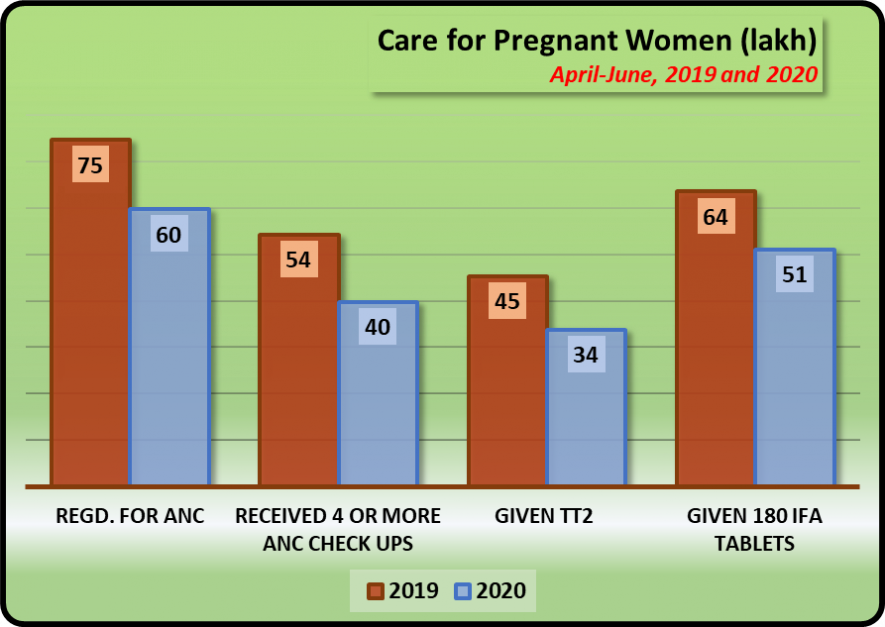
With over half of pregnant women in India suffering from anaemia, taking iron and folic acid (IFA) tablets during pregnancy is essential for the health of both the mother and the due child. Anaemia can cause serious lag in children’s mental and physical growth. Yet, this essential and easily administered measure suffered during the lockdown (see the graphic above), with 51 lakh women receiving the prescribed 180 IFA tablets compared to 64 lakh last year.
Childbirth
As can be seen from the graphic below, reported deliveries dropped from 48 lakh last year to 34 lakh this April to June quarter. The fall cannot be because less women are pregnant. As shown in the first graphic, 60 lakh women had already registered for ANC yet only 34 lakh deliveries are recorded. This indicates a state of collapse of the healthcare system – with dire consequences for mothers and their children. Deliveries at both public and private facilities dropped considerably, but the biggest drop is seen in private ones, from 15 lakh last year to 9 lakh this year. Despite the increasing coverage of insurance based healthcare, which gives private facilities a prominent place, this drastic fall of 40% in delivery cases indicates a virtual collapse of the private sector during the lockdown.
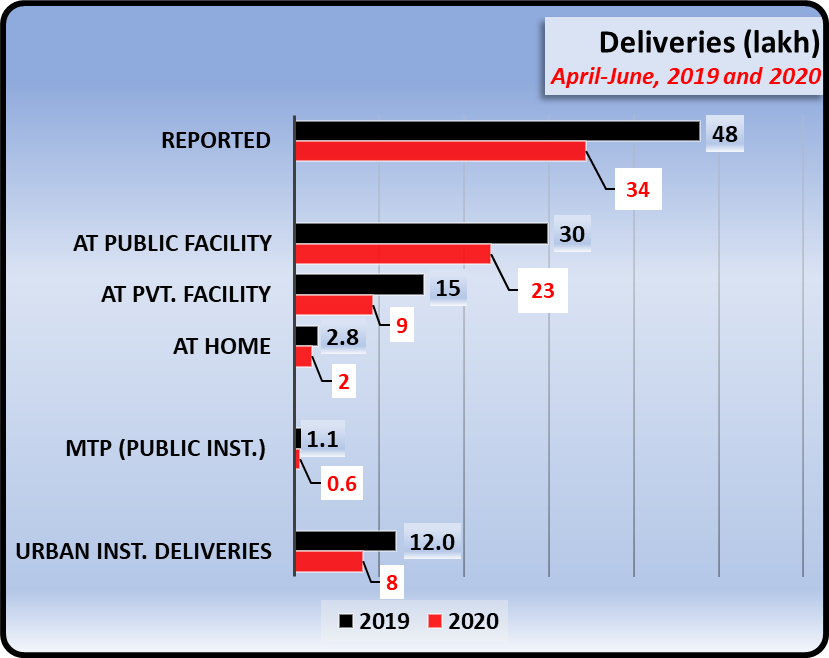
Even in urban areas, deliveries in institutions (government and private) dropped by about a third, from 12 lakh in April-June last year to 8 lakh this year. Even medical termination of pregnancies (MTP) or abortions as they are commonly called, dropped in public facilities from 1.1 lakh last year to 60,000 this year, April-June quarter. Data for private facilities was not available.
What this shows is that the healthcare system simply folded up during the lockdown thus forcing lakhs of babies to be born outside and unknown to the system. Whether they received any or some healthcare is unknown, but it is safe to presume that they would be deprived of it.
Also read: Suicide is Not Merely an Individual’s Mental Health Problem
Immunisation of Babies
A range of diseases are prevented by vaccination of babies from birth doses to when they reach nine months, followed by a second round which goes up to two years age. Vaccines are used for preventing Diphtheria, Pertussis, Tetanus, Polio, Measles, severe form of Childhood Tuberculosis and Hepatitis B, Haemophilus influenza type b (Hib). This year’s lockdown severely compromised the immunisation programme in India as shown in the graphic below.
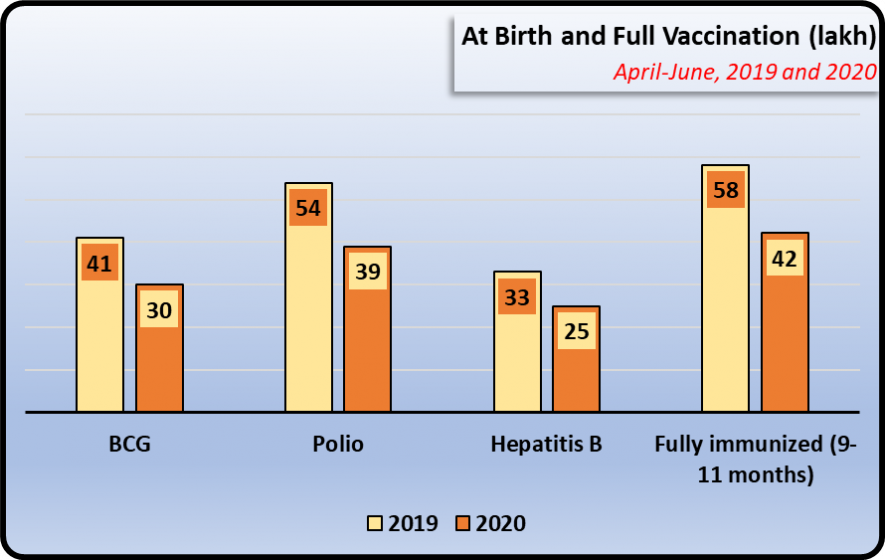
Three important vaccines are given at birth – BCG (for TB), polio and hepatitis B. In all three, the data shows a fall ranging from 25% to 30%. Birth dose of polio vaccine, for example, was given to 54 lakh babies in April-June last year but this year it was given to only 39 lakh babies. Similarly, for TB and Hep B. Health vulnerability of these babies has been compromised forever.
While last year 58 lakh babies in the 9-11 months age group had been fully immunised by April to June, this year the number has fallen to 42 lakh, a decline of nearly 30%. These babies were born before the lockdown and so presumably got the birth doses. For babies in the 16-24 months age group, the administering of a second dose of measles-rubella (MR) vaccine too has fallen.
A whole generation of children is going to grow up with susceptibilities to various deadly diseases, and the potential of continuing the chain of transmission, infecting others. They may suffer from deficits of mental, psychological and physical development due to anaemic mothers. In addition, the lockdown has forced families to cut down on food consumption, among other things. Many of this generation will thus suffer hunger and nutritional deprivation causing more long term impact. All this because of lack of understanding – or maybe indifference – towards the people, and the obsession for dramatic gestures like the premature lockdown.
Also read: Bihar Sugar Industry: Long Tale of Sweet Memories, Bitter Truth
Get the latest reports & analysis with people's perspective on Protests, movements & deep analytical videos, discussions of the current affairs in your Telegram app. Subscribe to NewsClick's Telegram channel & get Real-Time updates on stories, as they get published on our website.











